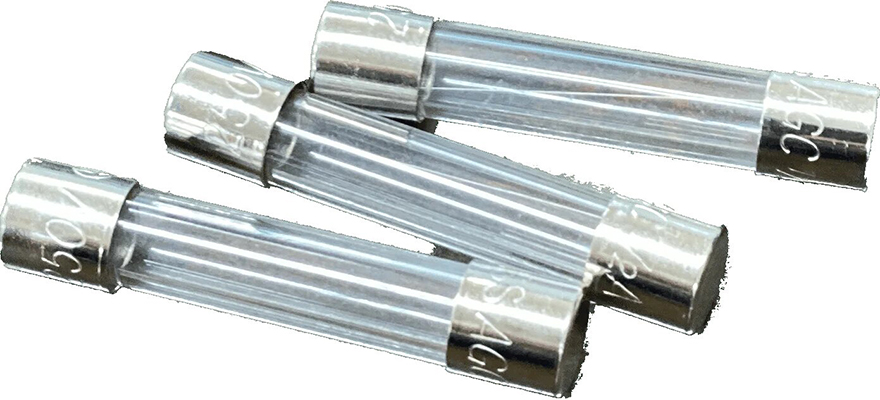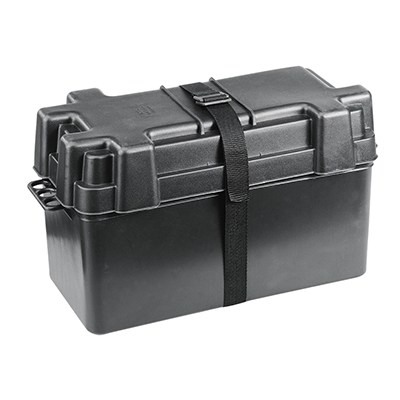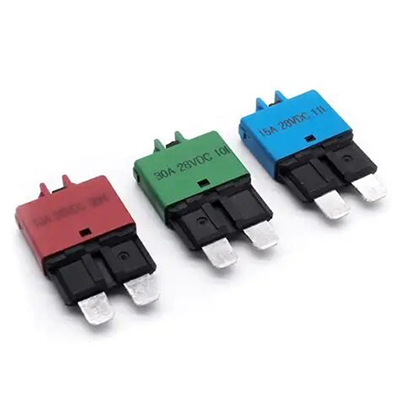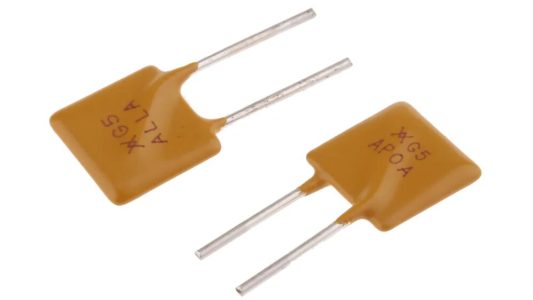Corrosion-Resistant Automotive Current Fuses: Design and Benefits
News 2025-10-24
Automotive current fuses are critical components in vehicle electrical systems, designed to protect circuits from overcurrent conditions. Corrosion resistance is essential in automotive applications due to exposure to harsh environments like moisture, salt, and temperature fluctuations. This feature ensures reliable performance and longevity, preventing failures that could lead to safety issues or costly repairs. As vehicles incorporate more advanced electronics, such as in electric and hybrid models, the demand for durable fuses has grown, making corrosion-resistant designs a key focus in modern automotive engineering.

Applications in the Automotive Sector
In the automotive industry, corrosion-resistant current fuses are used in various systems, including engine control units, lighting, and power distribution networks. For instance, in electric vehicles, these fuses safeguard high-voltage batteries and charging circuits against short circuits. They are also vital in commercial fleets exposed to road salts and extreme weather, where standard fuses might degrade quickly. This resilience supports applications in safety-critical areas like airbag systems and anti-lock braking, ensuring consistent operation under diverse conditions and enhancing overall vehicle reliability.
Key Performance Advantages
Corrosion-resistant automotive current fuses offer superior durability through materials like nickel-plated or stainless-steel elements that resist oxidation and environmental damage. This results in faster response times to overcurrent events, reducing the risk of thermal runaway in sensitive electronics. Additionally, their compact design allows for space-efficient integration in crowded engine compartments, while maintaining high breaking capacities. These attributes not only extend the lifespan of the fuse but also contribute to energy efficiency by minimizing unnecessary power losses, making them ideal for modern, high-demand automotive applications.
Common Questions
1. What materials are used in corrosion-resistant fuses?
They typically use alloys such as copper with nickel plating or stainless steel to withstand corrosive elements.
2. How do these fuses improve vehicle safety?
By preventing failures in critical circuits, they reduce the risk of electrical fires and ensure reliable operation of safety systems.
3. Are they suitable for all vehicle types?
Yes, they work in both traditional internal combustion and electric vehicles, adapting to various voltage and current requirements.


